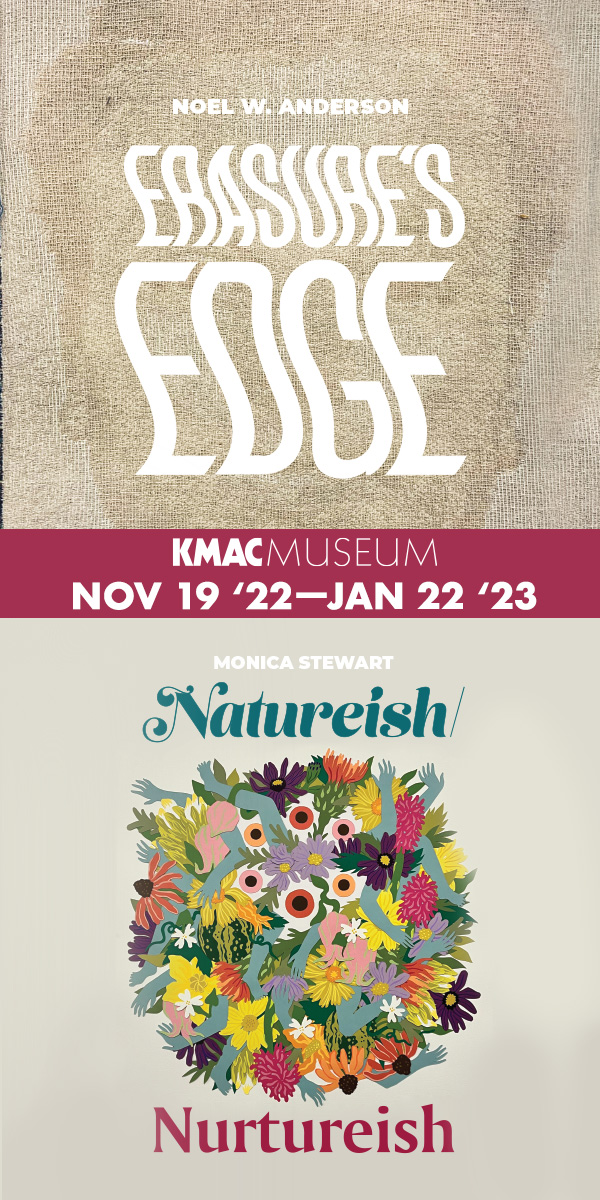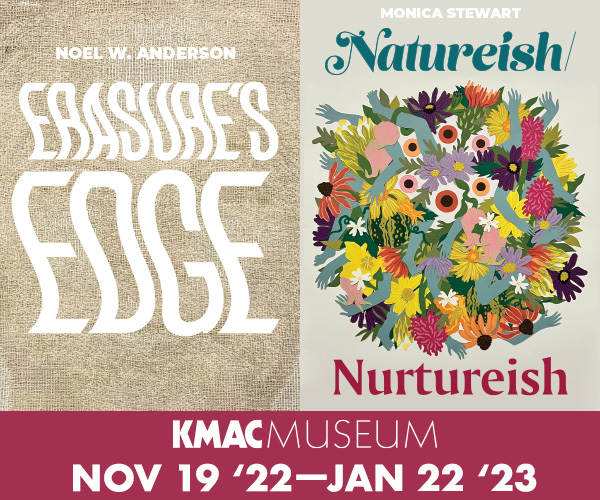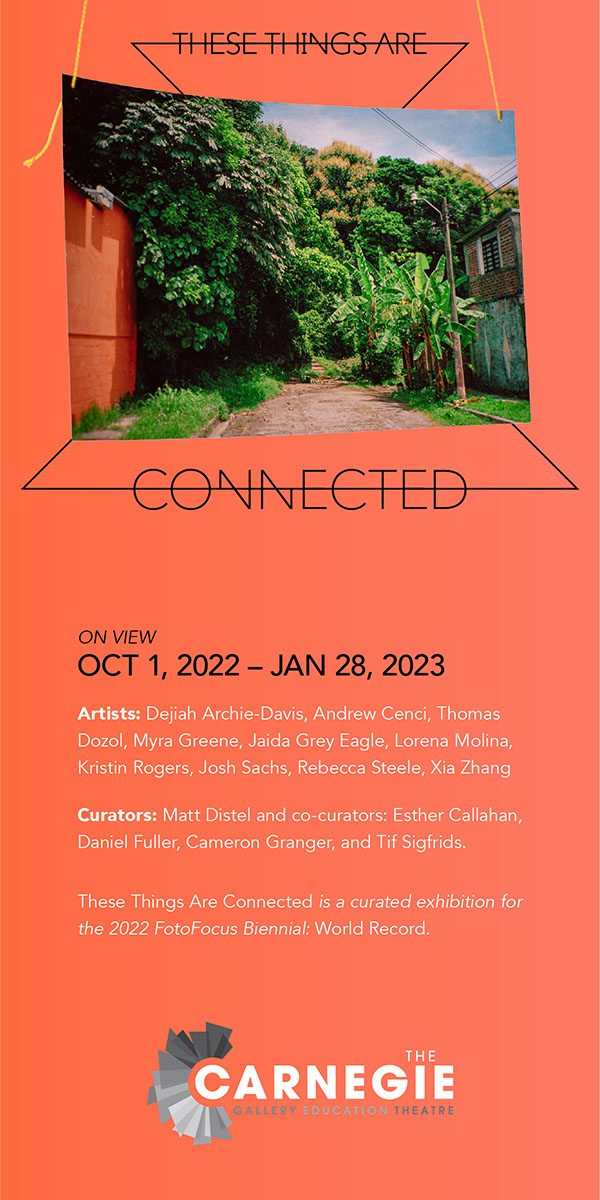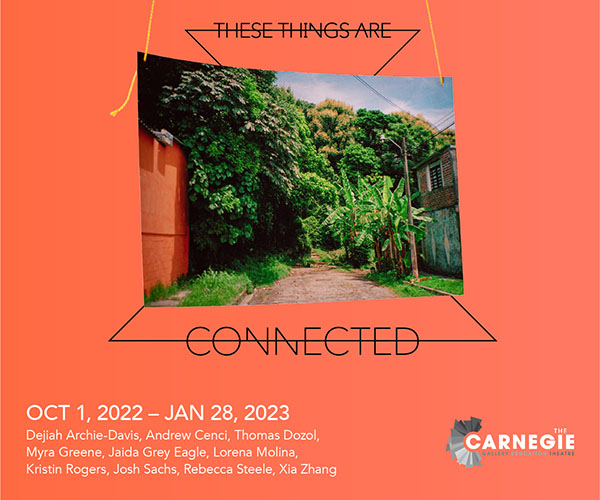It’s a bit of a gamble for a novelist to announce his primary theme in the first paragraph of a book. Does it give away too much, too soon? Does it make a sort of promise to the reader that it must keep by the end? The writer needs a certain confidence, even a measure of chutzpah, to attempt such a thing, and considerable skill to pull it off. Fortunately, Lee Cole, author of the carefully observed, precociously wise debut novel Groundskeeping (Knopf), has more than enough nerve and talent to make good on the contract he makes with us in the book’s opening sentences. “I’ve always had the same predicament,†the book begins. “When I’m home, in Kentucky, all I want is to leave. When I’m away, I’m homesick for a place that never was.â€
And there it is. The push and pull of home – his old Kentucky home, you might say, with all the queasy nostalgia and ambivalence that phrase carries for Owen, the Western Kentucky native and budding writer at the center of the story – is never far from the surface of this thoughtful coming-of-age novel, and often smack on the surface. In his first conversation with Alma, a young Bosnian immigrant with a creative writing fellowship at the college in Louisville where he works as a groundskeeper and tree-trimmer, Owen tells her that he’s from Melber, Kentucky, “but it’s not much more than a stop sign and a post office.†Her first question: “And it’s…under-resourced?†(It is, to put it mildly.) Usually, he explains, he tells people he’s from nearby Paducah, where they sell T-shirts “that say PADUCAH, KENTUCKY, HALFWAY BETWEEN POSSUM TROT AND MONKEY’S EYEBROW. Then there’s a cartoon picture of a monkey and possum, hanging by their tails from separate trees, reaching out to each other, Sistine Chapel-style.â€
Wait [Alma asks], how is it between a monkey and a possum?
Geographically, I said. Those are the names of towns—Possum Trot and Monkey’s Eyebrow.
No.
Yes.
That’s amazing.
I could think of another word.
But it isn’t just Kentucky’s penchant for colorful place names that Owen finds himself defensive about. Groundskeeping is set in 2016, with the presidential election campaign of that year rumbling ominously in the background. Owen – a striving University of Kentucky graduate who grapples with his ambition to trade his aimless working-class past for a new life as a writer of literary fiction and, as he only half-jokingly puts it, “a coastal elite†– is forced to reckon with the fact that most of his working-class red-state family, including his evangelical Christian mother and father-in-law, support Donald Trump. “I guess you’ll be working with illegals?†his cranky, eccentric uncle Cort asks about Owen’s job at the college. Later, Owen, who lives rent-free in his beloved grandfather’s basement, is outraged when he comes home to find that Cort, who lives with them (also rent-free) has put a Make America Great Again sign in his bedroom window facing the street. “Pop,†Owen demands of his grandfather, “do you want a sign in the window that tells the world we’re racists and dumbasses?†Even Owen’s burgeoning romance with Alma – a “cultural†Muslim from an upper-middle-class family now prosperously settled in a northern Virginia suburb after having fled war-torn Sarajevo – is spiked by her judgments of his quaint Kentuckyisms. (She keeps a list of his “weird vernacular,†which includes saying critters and druthers, tin instead of ten, and where at instead of where.)
Most important, Owen’s uneasy sense of identity as a Kentuckian is inextricably bound to his difficult relationship to the issue of class, underlined by his recent stints doing manual labor, developing a drug problem, and briefly living out of his car. “My rite of passage had been menial work – the thoughtless repetition of tasks that would be given to machines if it were only feasible,†he muses. “What kind of an adult does that make? An aimless person, I figured. A person waiting to be replaced.†But does his pursuit of meaningful, essentially intellectual work as a literary writer doom him to a fundamental estrangement from his rural roots in the commonwealth? This is the central question of Groundskeeping, and Owen’s search for the answer is its most ultimately satisfying and surprisingly suspenseful drama. On seeing a coffee mug with a gap-toothed cartoon hillbilly reclining under a tree with a jug of moonshine, he shakes his head.
It was a strange thing, how thoughtlessly people trucked in these stereotypes. I was guilty of it, too, of course. After all, how could I complain when I, too, resented their judgmental stares and hateful flags? And yet, I resented the judgments of outsiders also, their reductive opinions and assumptions. It was another form of my perennial predicament. My desire to both honor and criticize, to be of a place, and to merely be in it, a visitor.
Much of the first half of the novel concerns Owen’s relationship with his wonderfully wise but increasingly ailing Pop (who spends much of his time watching John Wayne movies on old VHS tapes), with his witty buddies on the groundskeeping crew, and with Alma, who’s been dating a handsome trust-fund kid with a restored Victorian row house in Old Louisville and family connections to a prestigious local literary magazine and book publisher called Sestina. (Cole, who’s actually from Melber and is a graduate of the University of Louisville and the Iowa Writers Workshop, uses his firsthand knowledge of all those real-life settings to clever, occasionally stinging effect in this book, which clearly is at least partly a roman à clef.) It’s Alma who becomes Owen’s primary foil and interlocutor, drawing out his conflicted feelings about Kentucky (and therefore about class) in a mostly literary context:
When you were doing all those shitty jobs [Alma wants to know], did the knowledge that you could use it for material make it worthwhile? In other words, did you think, it’s okay that I’m cleaning toilets, because actually I’m an undercover writer?
I didn’t feel like an undercover writer.
What did you feel like?
I felt like a failure, I said.
Elsewhere, while discussing Owen’s writing, they inch even closer to the heart of the matter:
So [she asks] do you consider yourself more of a regional writer?
I’m not sure I know what that means.
If you were going to be introduced, would you want to be introduced as a “Kentucky writer� Or would you prefer “American writer�
Kentucky is America, I said. If you write about one, you’re writing about the other.
But do you want to be thought of like that?
I didn’t use to, I said. When I first started writing stories, I set them all in Westchester. I didn’t want anyone to know where I was from.
Westchester?
That’s where John Cheever set all his stories.
But he lived there. Have you ever been to Westchester?
Definitely not, I said.
… At some point you changed your mind though? she said. You started writing about Kentucky?
You’re supposed to write what you know. That’s what I knew.
Well, good for you, she said. You found your material.
So he has, or maybe not. In the second half of the novel, as he begins pursuing his literary career with renewed focus, Owen gets himself in big trouble with Alma for appropriating some of her own family history in a work of fiction. To say more would involve spoilers, so it must suffice to say that the resolution of Owen’s predicament is up in the air until the very end, and even then – well, you’ll have to read this impressive literary debut to find out for yourself.




